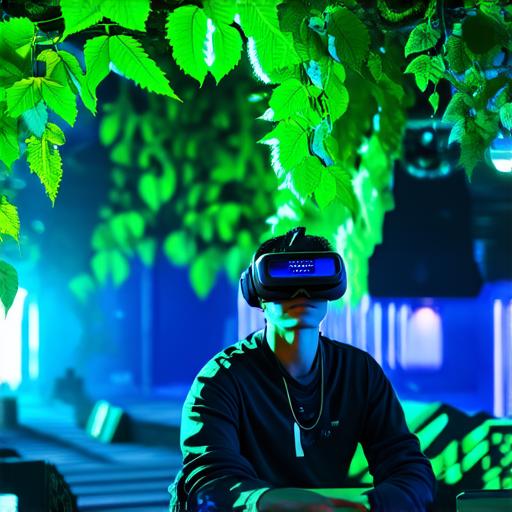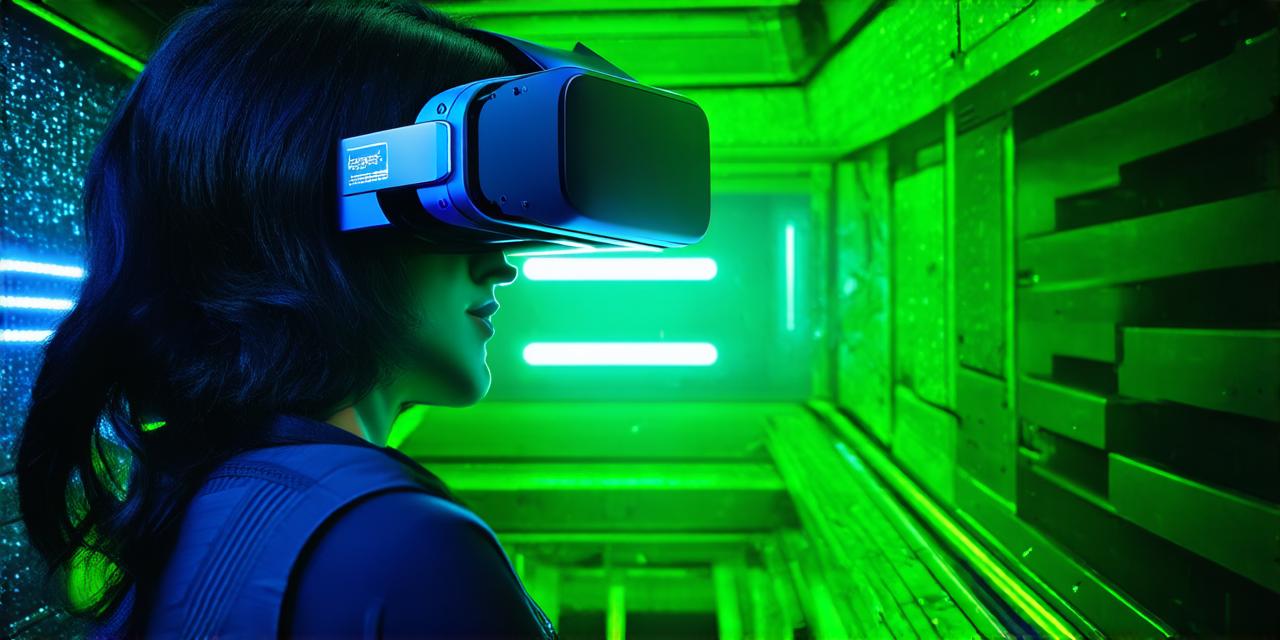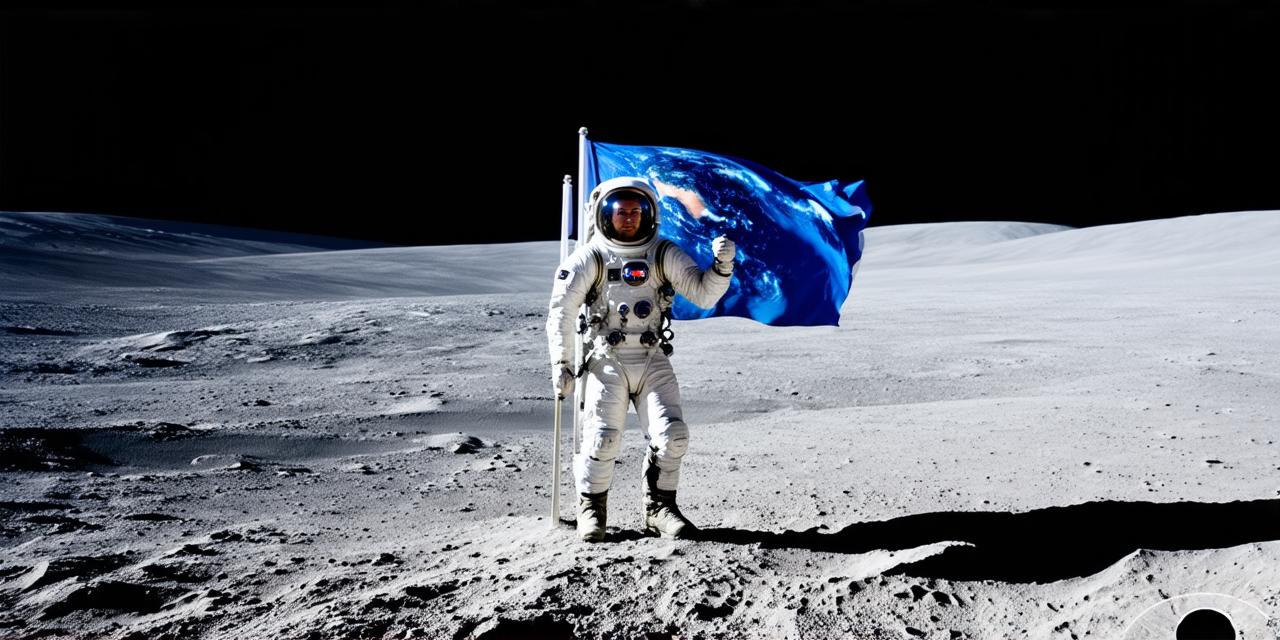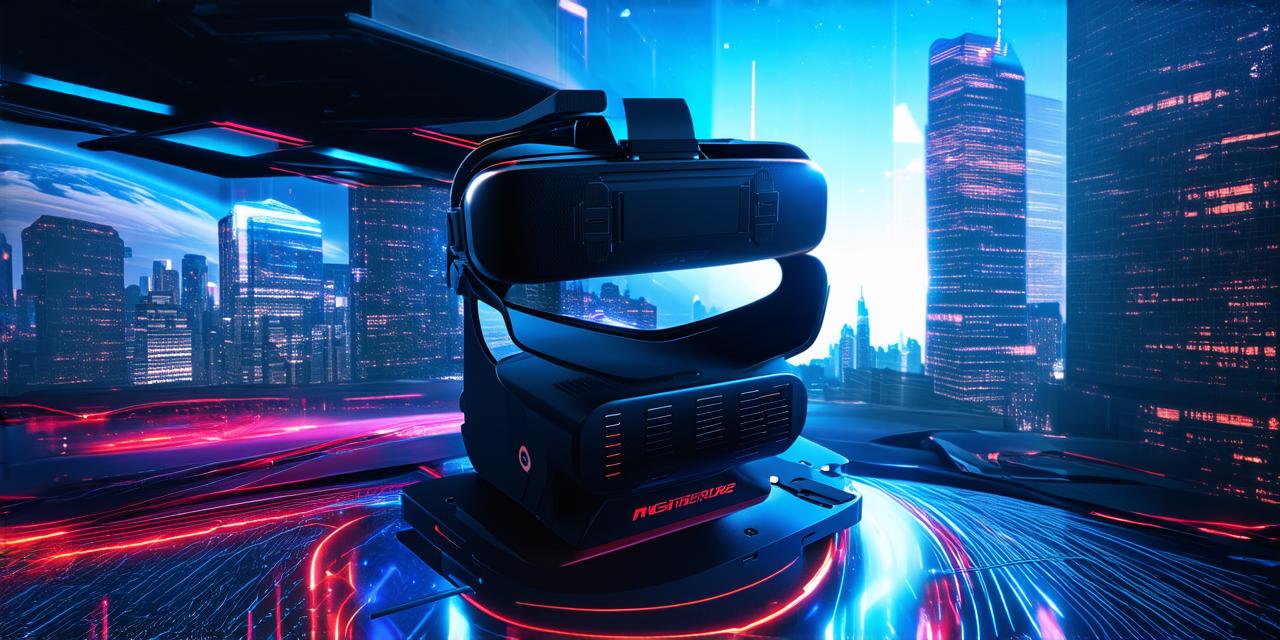Virtual reality (VR) technology has revolutionized the way events are organized and experienced by attendees. The immersive and interactive nature of VR technology allows event organizers to create unique experiences that can be accessed from anywhere, anytime.
Virtual Reality in Event Planning
One of the ways that VR is transforming the event industry is by allowing event planners to create more immersive and engaging experiences for attendees. With VR technology, event planners can create 3D models of their event venue, which can be viewed by attendees before the event.
This allows attendees to get a better idea of what to expect and gives them the opportunity to explore the venue virtually.
In addition, VR technology can also be used in the planning process to create interactive exhibits and experiences. For example, a museum could use VR technology to allow visitors to take a virtual tour of their exhibit or even interact with objects in the exhibit.
This can make the visitor’s experience more engaging and memorable.
Virtual Reality in Event Marketing
Virtual reality is also transforming the way events are marketed. With VR, event organizers can create virtual tours of their event venue or even allow potential attendees to experience the event virtually before it happens.
This can help increase attendance by giving potential attendees a better idea of what to expect and creating a sense of excitement about the event.
Virtual reality can also be used in social media marketing campaigns for events. For example, an event organizer could create a virtual reality experience that is shared on social media platforms, allowing potential attendees to experience the event before it even happens.
This can help create buzz and generate interest in the event.
Virtual Reality in Event Attendance

One of the most significant ways that VR is transforming the event industry is by allowing attendees to attend events virtually. With virtual reality, attendees can access live streams of events from anywhere, anytime.
This means that people who are unable to physically attend an event can still experience it as if they were there in person.
Virtual reality technology can also be used to create more immersive and engaging experiences for attendees. For example, a concert could use VR technology to allow attendees to experience the concert from different angles or even interact with the performers virtually.
This can create a more personal and memorable experience for attendees.
Conclusion
In conclusion, virtual reality is transforming the event industry in many ways. From planning and marketing to attendance, VR technology is allowing event organizers to create more immersive and engaging experiences for attendees. As VR technology continues to advance, it is likely that we will see even more innovative uses of VR in the event industry in the future.



